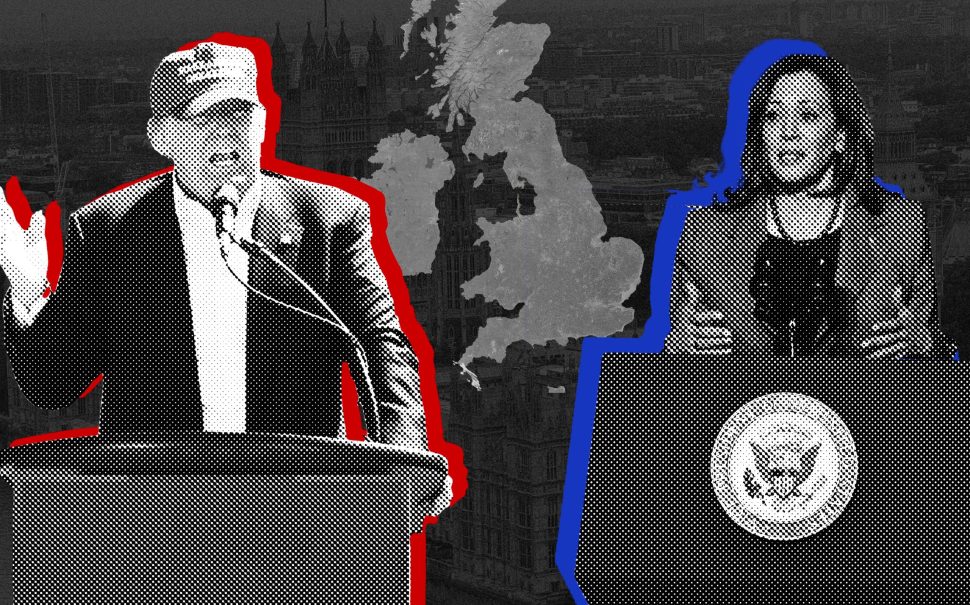The US presidential election is fast approaching, with the two leading candidates diametrically opposed on almost all issues.
With foreign policy among those issues, it is worth considering what the different outcomes of the US election would mean for the the UK.
Former president Donald Trump, the Republican contender, has been a firebrand when it comes to NATO.
The US is by far the biggest military force in the alliance, which includes the UK and other European countries among its 32 member states.
However, Trump has been vocal about European nations failing to meet defence spending quotas.
The former President threatened numerous times to leave and said he wouldn’t come to the aid of what he referred to as “delinquent” nations, adding that he would encourage Russia to attack parties that fell short of their expected contributions.
Democrat candidate and current vice-president, Kamala Harris, has been far less provocative regarding NATO, promising to continue steady American support.
While Trump would likely not leave NATO outright, even a diminished US presence would prove hugely detrimental the alliance, leaving the UK’s strategic deterrent in a potentially vulnerable position.
However, Europe doesn’t appear to be at the top of either candidate’s agenda, with both parties’ domestic policies and stances towards China at the centre of most debates.
Trump’s hawkish China policies seem to be at odds with the UK government’s current campaign to reconcile Sino-British relations.
While he was in office in 2018, Trump launched a trade war against China, characterised by a series of aggressive tariffs, and sparked fiery retribution from Beijing with their own aggressive taxes.
This time round, he’s pledged to redouble his efforts, promising to impose a 60% tariff on all goods with China if he emerges successful on 5 November.
In light of British foreign secretary David Lammy’s visit to China to establish trade co-operation and promises of a departure from the Conservatives’ rigid scepticism towards Beijing, Trump’s antagonism may set the UK-US relationship on course for conflict.
Harris’s foreign policies towards China are more in line with those of Downing Street.
The Democrat hopeful promises a pragmatic, tough-but-fair approach to China, eschweing the harsh rhetoric of the Republican party while ensuring they aren’t seen as being too soft on America’s perceived top competitor.
Another point of contention could arise from the Labour government’s relationships with the two major parties.
Recently, it emerged that 100 Labour party staff went to the US to help Kamala Harris’s presidential campaign.
The move infuriated the Trump campaign, who filed a legal complaint against Labour, deeming the move “blatant foreign interference”.
Although the Prime Minister has insisted that this won’t sour the special relationship, some have expressed concern at how this could affect the two countries’ ties if Trump becomes president.
Overall, it seems a continuation of the status quo with the Democrats would perhaps align best with the UK’s interests, while a Republican presidency would likely lead to a constant butting of heads.





Join the discussion